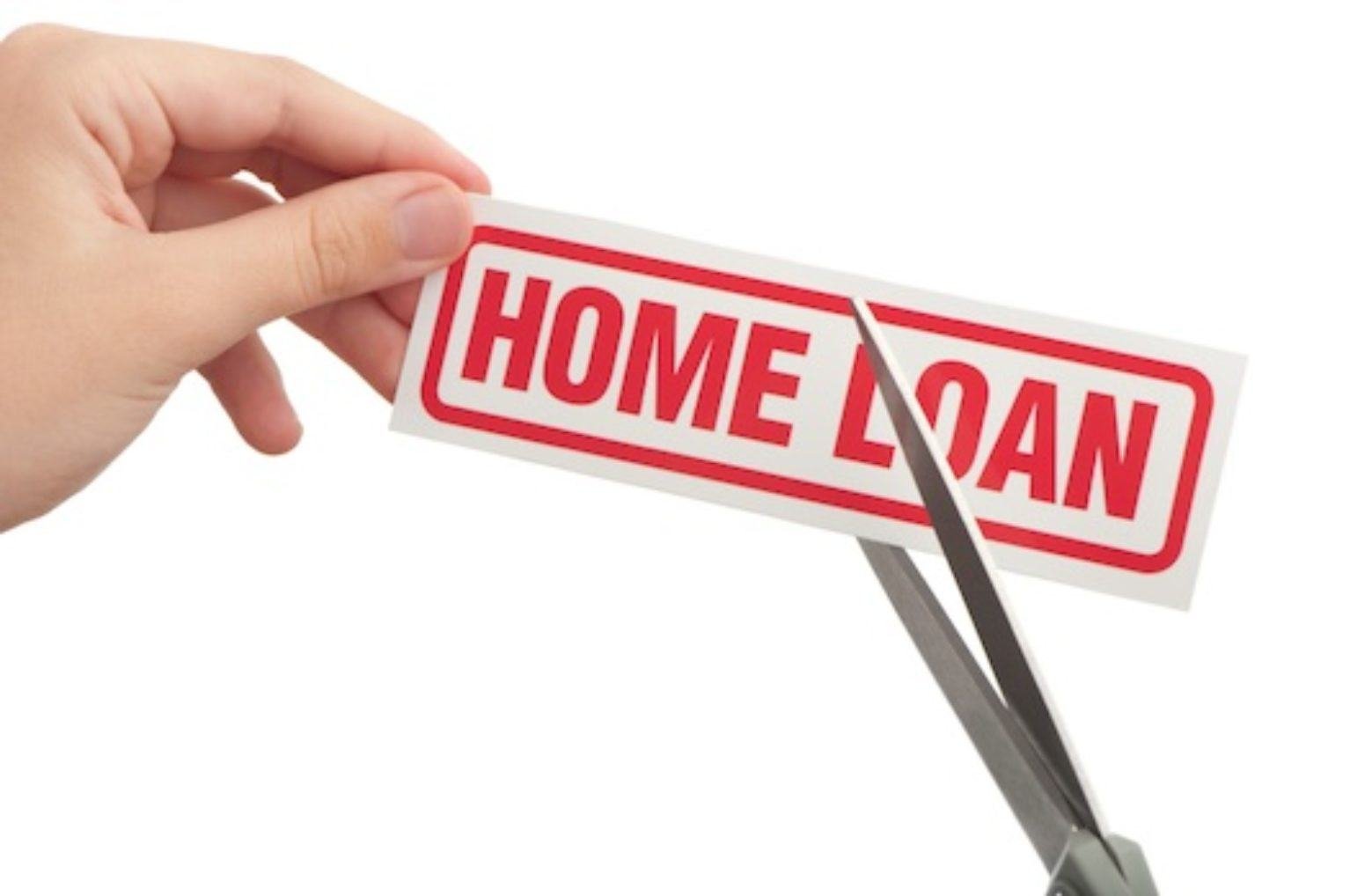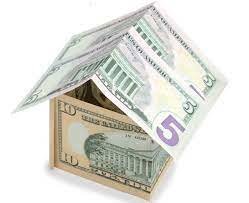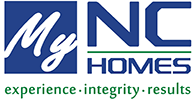
Are you sitting on a large holiday bonus? Have you had a windfall financially and are considering paying off your mortgage early? This is a common question our clients ask us and many are often a little surprised to hear us tell them that it isn't always the best idea and that depending on a variety of individual factors it may not be in their best interest to focus exclusively on paying off their mortgage. There are a number of consideration when considering whether you should pay off your mortgage particuarly if they have other debts besides their mortgage.
Considerations
Prepayment Penalties
Did you know you can be penalized for prepayment? Lenders count on the interest of your loan, so paying off early to save on the interest may require a hefty fee on your part. Lenders ultimately are looking to make money through interest so actions like refinancing and paying off the loan too quickly, are not always advantageous. While not as common as they once were, there are loans with pre-payment penalties largely meant to discourage prepayment within the first few years of the loan. If you're not absolutely certain whether your loan has any prepayment penalties; you should speak with your mortgage lender.
advantageous. While not as common as they once were, there are loans with pre-payment penalties largely meant to discourage prepayment within the first few years of the loan. If you're not absolutely certain whether your loan has any prepayment penalties; you should speak with your mortgage lender.
Inflation
This is a little tricky; but if the value of the dollar depreciates and your payments are fixed, your house continues to appreciate in value. In this way, you actually come out way ahead if you have an active mortgage. The news lately has discussed a lot about inflation, so having your money invested in real estate with a fixed rate low interest mortgage could, if inflation rises; end up being an excellent hedge.
Balancing Investments
Consider if investing in paying off your mortgage is wiser than investing in other places. Owning your home outright is great, but you need to consider the cost of lost income that other investments with those prepayments dollars could generate. If you've got a 3% rate on your mortgage paying it off early guarantees you a 3% return versus what stocks, investment property, Bitcoin or other digital assets purchased with those same dollars might generate.
Tax and Credit Advantage
Do you get a tax credit from having a mortgage? Is your credit improving from owning a home and making regular mortgage payments? In both cases the answer for most homeowners is, "Yes." Homeownership is incredibly useful in growing your credit score and you can take tax deductions on the interest you pay. As soon as you pay off the mortgage it's not unlikely that your credit score will take a dip, if your mortgage has been in existence for longer than most of your other open credit accounts, including credit cards and other loans. Note that this can happen any time you finish paying off your mortgage; whether or early or on time.
longer than most of your other open credit accounts, including credit cards and other loans. Note that this can happen any time you finish paying off your mortgage; whether or early or on time.
Managing Other Debt
Most mortgage interest rates are extremely low at the moment. If you have a low interest rate loan, we would strongly advise our clients to focus first on paying off other debts that carry higher rates, prior to their mortgage home loan. We know it feels like a real eureka moment to pay off debt, but most home mortgages carry fewer risks and more rewards than most other forms of debt.
Emergency Funds
If you are considering paying off your home, be sure that you are not dipping into emergency funds that you've set aside. Extra money should be used for mortgage repayment, not emergency savings.
How to Pay Back Your Mortgage?
So if you do decide to pay off the mortgage early, here are some of the ways you can do it, and the steps to get the process moving.
Make More Payments
The simplest strategy to pay off your mortgage is to make extra payments. Be sure that they are towards the principle loan amount. One excellent way to go about this are to either start paying bimonthly payments. Depending on your lender, you may need permission to do this and there may be a fee involved, you want to check with your lender first. With bi-monthly payments, the monthly payment is split and paid every two weeks. Doing this means 26 payments are made a year or an extra monthly payment in total for the year. Another option is to simply make 1 extra mortgage payment a year and apply that amount directly to the principal. Both of these methods effectively reduce a 30 year mortgage by roughly 7 years and significantly reduce the total amount of interest paid on your loan.
Refinance
Another way to pay off the loan sooner is to refinance for a shorter period, making higher payments. 15 year mortgages typically offer better interest rates. If you can afford the higher payments; right now would be an advantageous time to do this. Interest rates are at historic lows, so if you are wanting to pay back early, contact your lender to discuss refinancing. Note: if you already have an interest rate of 3% or less, the refinance fees probably negate a large part of your savings. Typically unless you can reduce your interest rate by 3/4% or more without paying any points, you'd be much better off simply making an extra payment or two annually on the principal and not incurring any additional expenses.
Recast your Mortgage
Recasting your mortgage allows you to make a lump-sum payment toward the principal balance of your loan. A lender will reamortize your mortgage and create a new schedule with a lower balance and it reduces your monthly payments. Your interest rate remains the same. Not all lenders will do this and most will only allow you to do this once. But if you are in a situation where you want smaller payments and to save on the mortgage interest this well worth asking about. In the past few years as sale prices have risen we have had a large number of our clients who are both selling and buying recast their mortgages. These clients were able to buy first and then once their homes were sold take the equity they received form the sale and recast their mortgages.
Last Steps When Paying Off Your Mortgage
The final steps are administrative, but cannot be skipped.
-
Request Mortgage Payoff Statement- You can't simply look online to see what your balance is, you'll
 need to contact your lender and get the final payoff amount. It's important to remember that unlike rent which is paid in advance; mortgages are paid in arrears and there will be interest due on the balance.
need to contact your lender and get the final payoff amount. It's important to remember that unlike rent which is paid in advance; mortgages are paid in arrears and there will be interest due on the balance. -
Notify Authorities of the Status of your Home- Your lender should send a mortgage payoff statement to you as well as a mortgage release to the county register of deeds notifying them of the status change of the loan and transfer ownership. That said experience has shown that you should not rely on this and should 30 days after your final payment confirm for yourself that this has been done.
-
Check for the Escrow Balance- You should receive a check and accounting statement for any money that was held in escrow to pay your taxes and or insurance. This typically arrives 6 weeks after you've paid the mortgage off. If you've moved be certain your lender has your current address. If you haven't received it in 6 weeks, we recommend you contact your lender and inquire about it.
-
Change over insurance- when your home is in your name, you need to change the policy to have the lender removed from the policy.
Congratulations!
Paying off your mortgage is indeed a major accomplishment and something to be celebrated.
Posted by Larry Tollen on
Leave A Comment